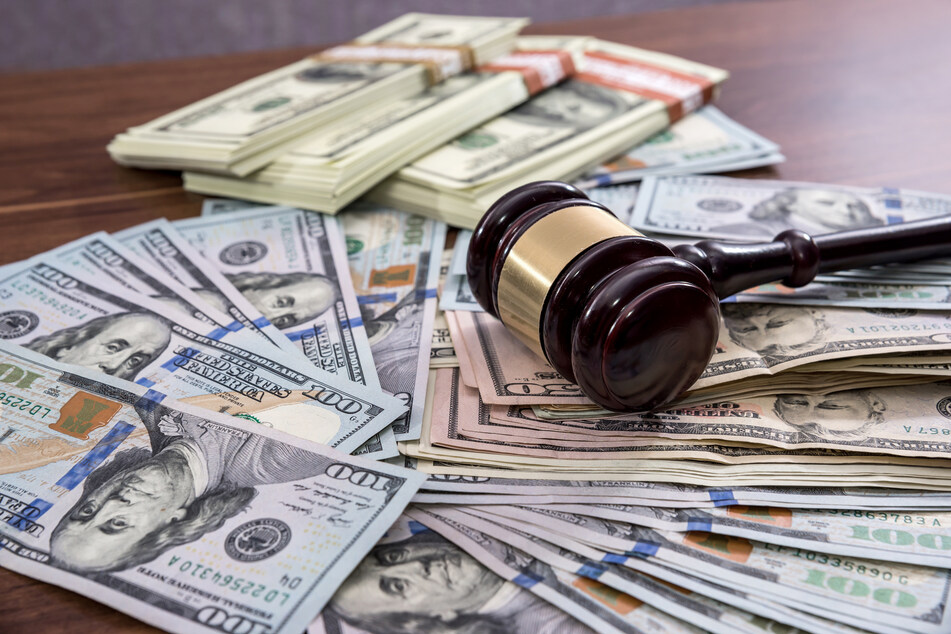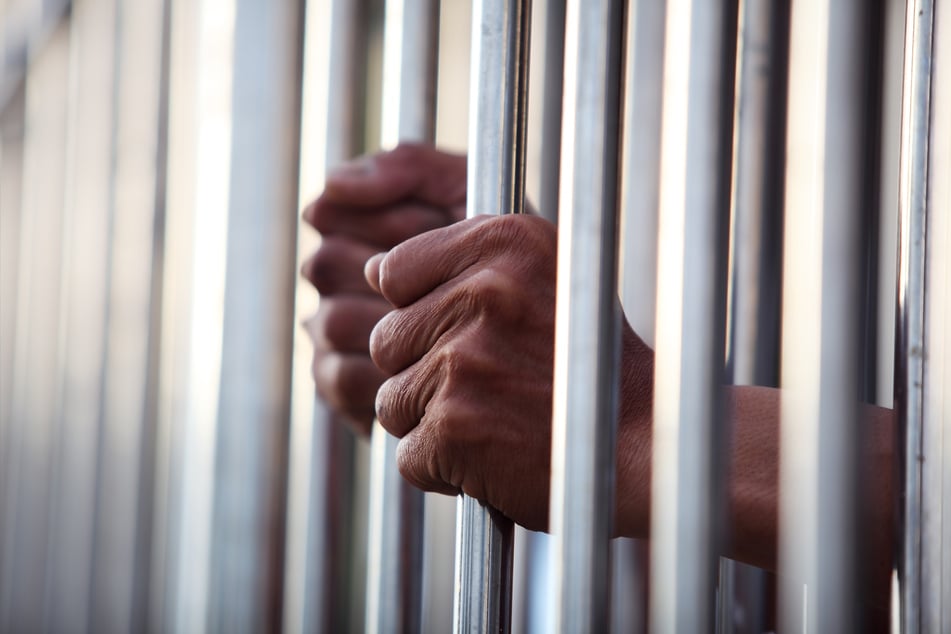Texas House approves new bail bill, but critics say it deepens longstanding inequalities
Austin, Texas - Texas Republicans pushed through priority bail reform legislation in a 98-to-46 House vote on Tuesday.

House Bill 20, or the Damon Allen Act (named after a state trooper killed in the line of duty), is on its way to the Senate, where it first has to be approved before being sent to Governor Greg Abbott's desk for signature, the Texas Tribune reported.
The Senate is likely to vote in favor of HB 20, as it also approved its own similar bail legislation earlier this year. The bill proposes banning no-cash bail for people accused of some violent and sexual crimes.
It would also require judges to decide how likely a person is to pose a threat to public safety or skip out on their trial date. The defendant's age, current offense, pending charges, and criminal history would be taken into account. At the moment, judges determining bail conditions often don't receive any information other than that related to the current charges.
The bill's author, Republican state Rep. Andrew Murr of Junction, explained its purpose: "The goal today is to strike a balance in which we provide […] credible information to our trained magistrates so that they can determine that those that are low risk have a chance to get out while those who are higher risk, with a violent offense or a violent criminal history, they don’t easily pay and immediately walk on the street the next day and do something else that harms us."
Murr pointed out that more than 80% of people in Texas jails have not been found guilty of a crime, claiming his bill would place greater stress on the defendant's risk to society than on their ability to pay up.
That sounds good in theory, right? But as with many political matters, there’s more to this bill than meets the eye.
What do critics say about the bail bill?

Critics argue against the House bill's continued reliance on the cash-bail system. Since it places restrictions on personal bonds, which defendants don't have to pay for, low-income defendants and people of color would still be disadvantaged.
Democratic state Rep. Jasmine Crockett of Dallas said the bill does not end the preferential treatment of wealthier defendants, as Murr claimed, since people accused of violent crimes could get out of jail with cash payments even if personal bonds were denied them.
Crockett also drew attention to Texas' track record of predatory policing and mass incarceration of minorities.
Despite making up only 12% of the state's population, a 2019 Texas Board of Criminal Justice report found that Black Americans accounted for about one third of all inmates in Texas prisons. This matters because criminal records and past offenses would be taken into account during the risk-assessment procedure proposed by the bill.
The state congresswoman also pointed out that many defendants only accept charges to avoid being out of work longer: "Because people haven’t been able to afford bail, so many of them take hits on their records because that’s the difference between losing their kids or losing their job. They will do anything to get out [of jail] including taking a plea on an offense that they didn’t actually commit."
For these reasons, critics argue Texas' new bail bill would continue cycles of poverty and discrimination, meanwhile providing huge benefits to the wealthy. Instead, advocates are calling for a full overhaul of the cash-bail system as the only way to guarantee greater equity in the criminal justice system.
Cover photo: 123RF/Roman Romaniyk

